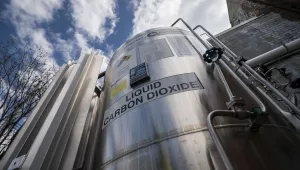Strategies for a Rational Energy Policy
Although it seems inconceivable, the United Arab Emirates (UAE) is facing an enormous energy shortage. Much of the world views the UAE – and the rest of the Gulf countries by extension – as an inexhaustible reserve of hydrocarbons. However, as with many of the other Gulf countries, the UAE confronts a potentially far reaching energy crisis. Despite increased energy production and imported Qatari gas through the Dolphin natural gas pipeline, UAE domestic gas demand substantially exceeds available supply. This disparity created a shortfall met by an increasing use of fuel oil, natural gas liquids, and in certain circumstances, coal. But it is natural gas that continues to be the UAE’s most important domestic energy source.
This policy brief explains the origins of the UAE energy crisis, forecasts developments for 2010-2020, and posits recommendations for overall sector rationalization. If Emirati authorities take a proactive stance and address the structural elements of the natural gas shortage, the more extreme elements of the crisis would be mitigated without lasting damage to Emirati economic growth. As the UAE has prodigious natural gas reserves, slight modification of the natural gas pricing and the power sector tariff structures would be able to resolve the most serious issues facing the UAE in its drive towards industrialization and diversification.
Dargin, Justin. "Addressing the UAE Natural Gas Crisis." Policy Brief, Dubai Initiative, Belfer Center for Science and International Affairs, Harvard Kennedy School, August 2010.




